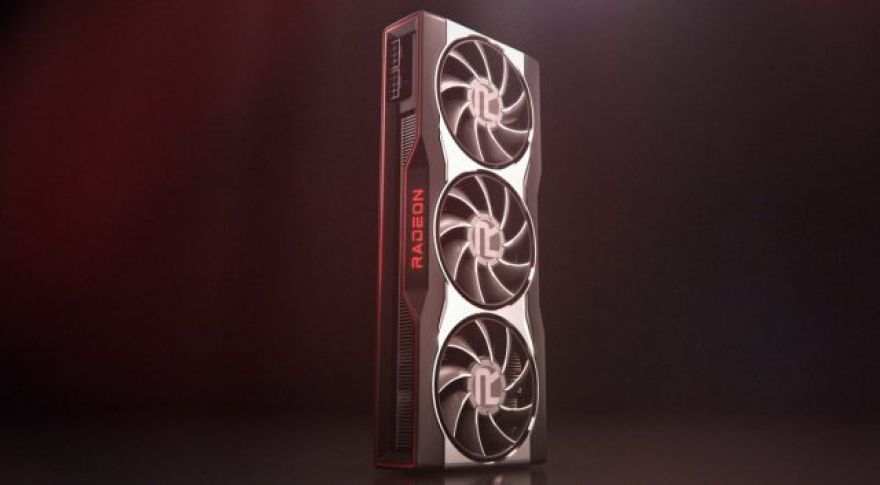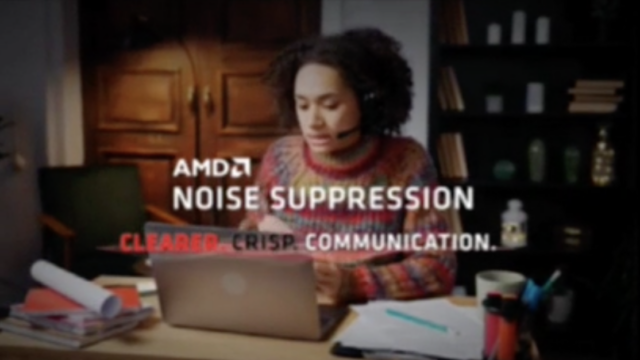
AMD Noise Suppression For Radeon GPUs Accidentally Leaks
Somewhere in Texas, an intern has (probably) just been let go from AMD. Over on the official AMD subreddit a video popped up yesterday titled “Elevate Your Audio Experience – AMD Noise Suppression.” The video is now marked Private, but like all things on the Internet people were able to save a version of it. As the title suggests, an upcoming driver will allow Radeon GPU owners to eliminate extraneous noise in video, voice calls, and when gaming. However, it’s not clear which GPUs will support this technology, or when it will launch.
The Redditor who the illicit video posted some details before it was taken down.

A potato quality version of the video was saved, as per tradition. (Image: Reddit)
Since this looks legit, we can do away with the “if this is true” speculation. Therefore, it seems AMD wants to deliver something akin to Nvidia’s RTX Voice. That’s a feature available on Nvidia GPUs that uses their AI capabilities to remove background noise from livestreams, voice chat, and video conferencing. It can be especially useful for streamers with mechanical keyboards, for obvious reasons. Despite its RTX branding, it’s been discovered to work on older GTX graphics cards as well.
This sort of technology appears to be gaining new popularity. Recently a block diagram of Intel’s 14th generation Meteor Lake CPU was posted, and it . Under a section describing its vision processing unit (VPU), it lists “Broad noise suppression” as a feature. The same section lists Intel GNA 3.5, which is a new version of its Gaussian and Neural Accelerator. This low-power, neural co-processor is capable of features such as noise reduction and speech recognition.
As always with AMD, it’ll be interesting to see if this technology works on older Radeon cards or if it’s reserved for RDNA / RDNA2. Or, if they are only going to allow it RDNA-based cards. The worst outcome (though it seems a bit unlikely) would be AMD reserving this feature for . Older architectures like Polaris and Vega are not supported by recent AMD technologies like . AMD’s also requires at least an RDNA2 GPU.
Now Read: